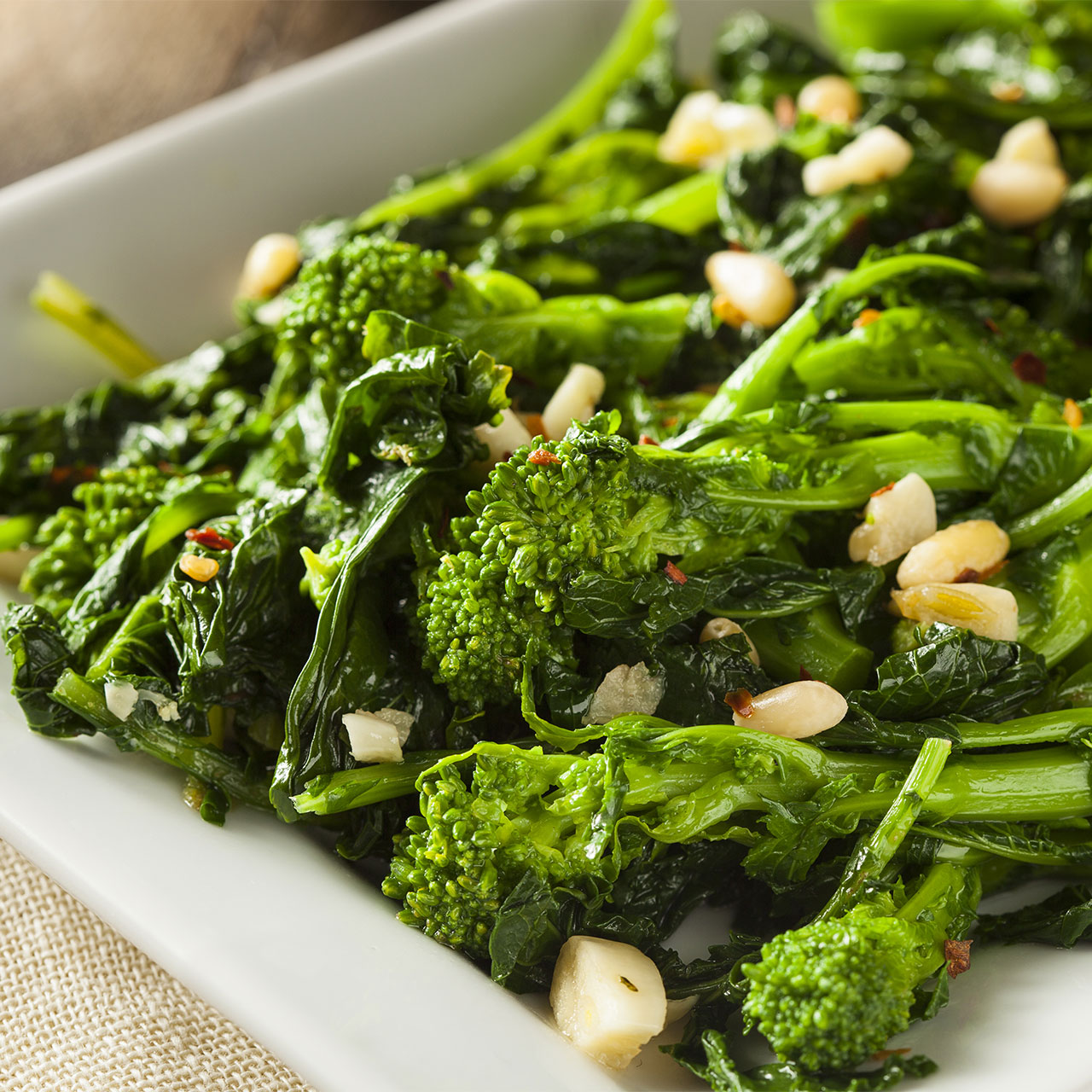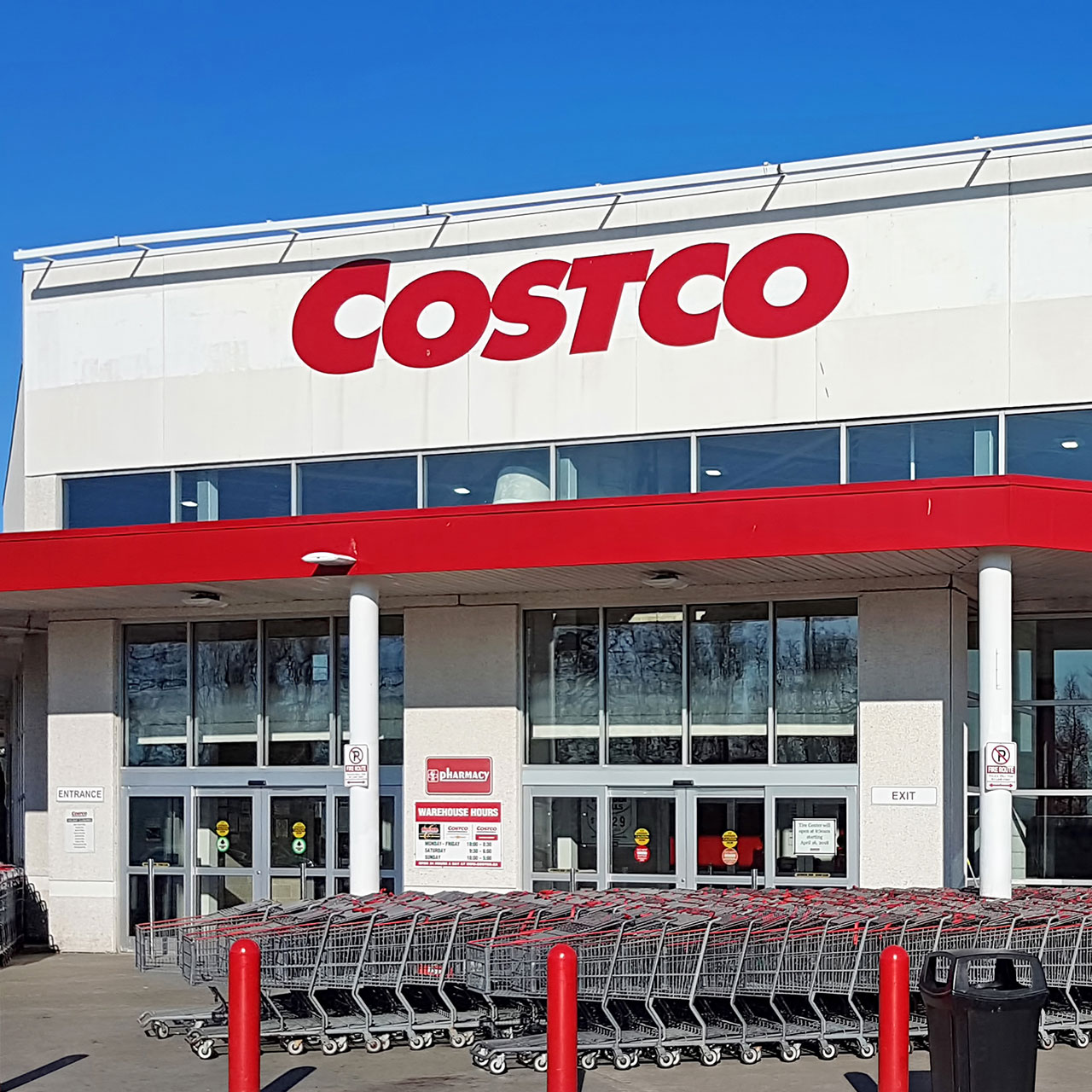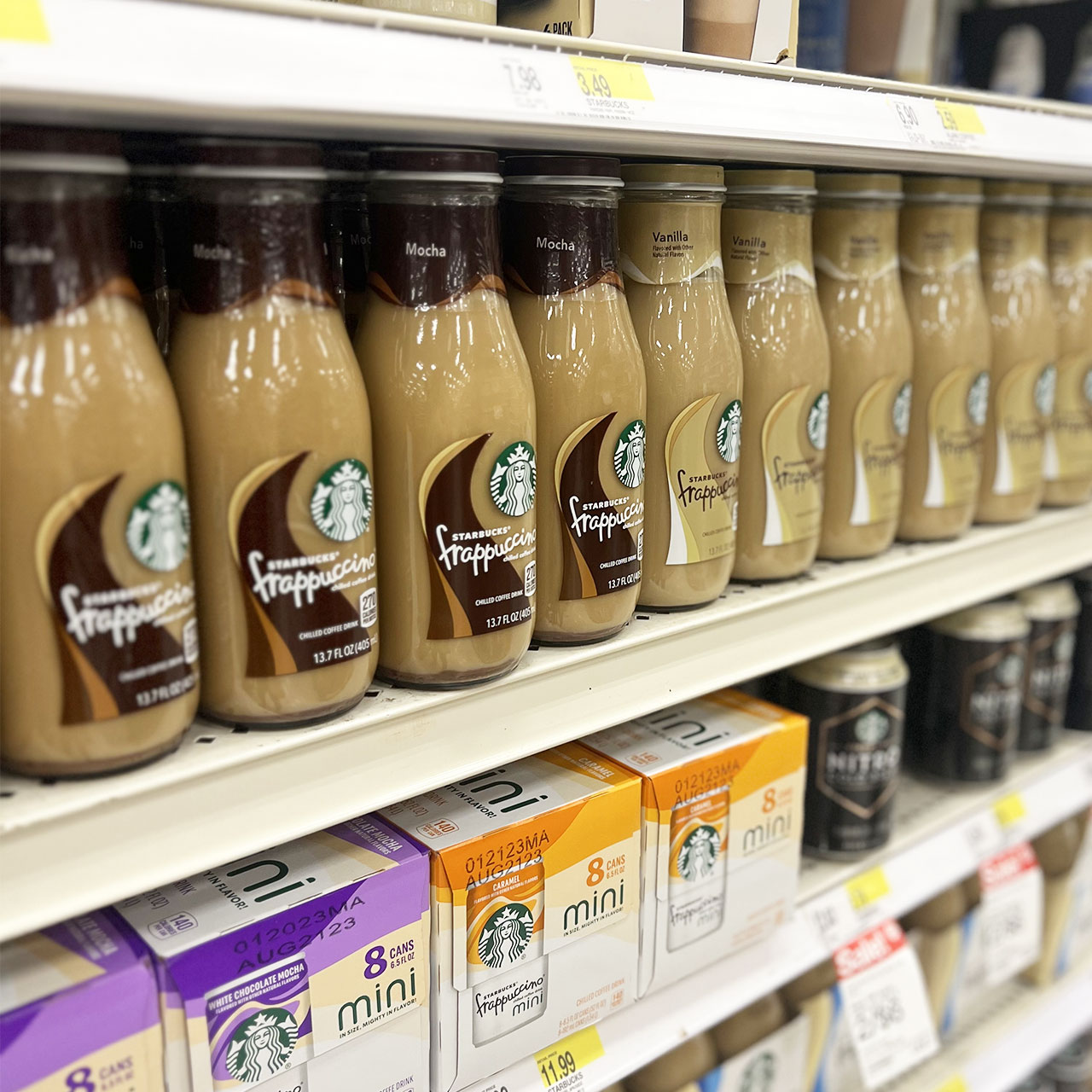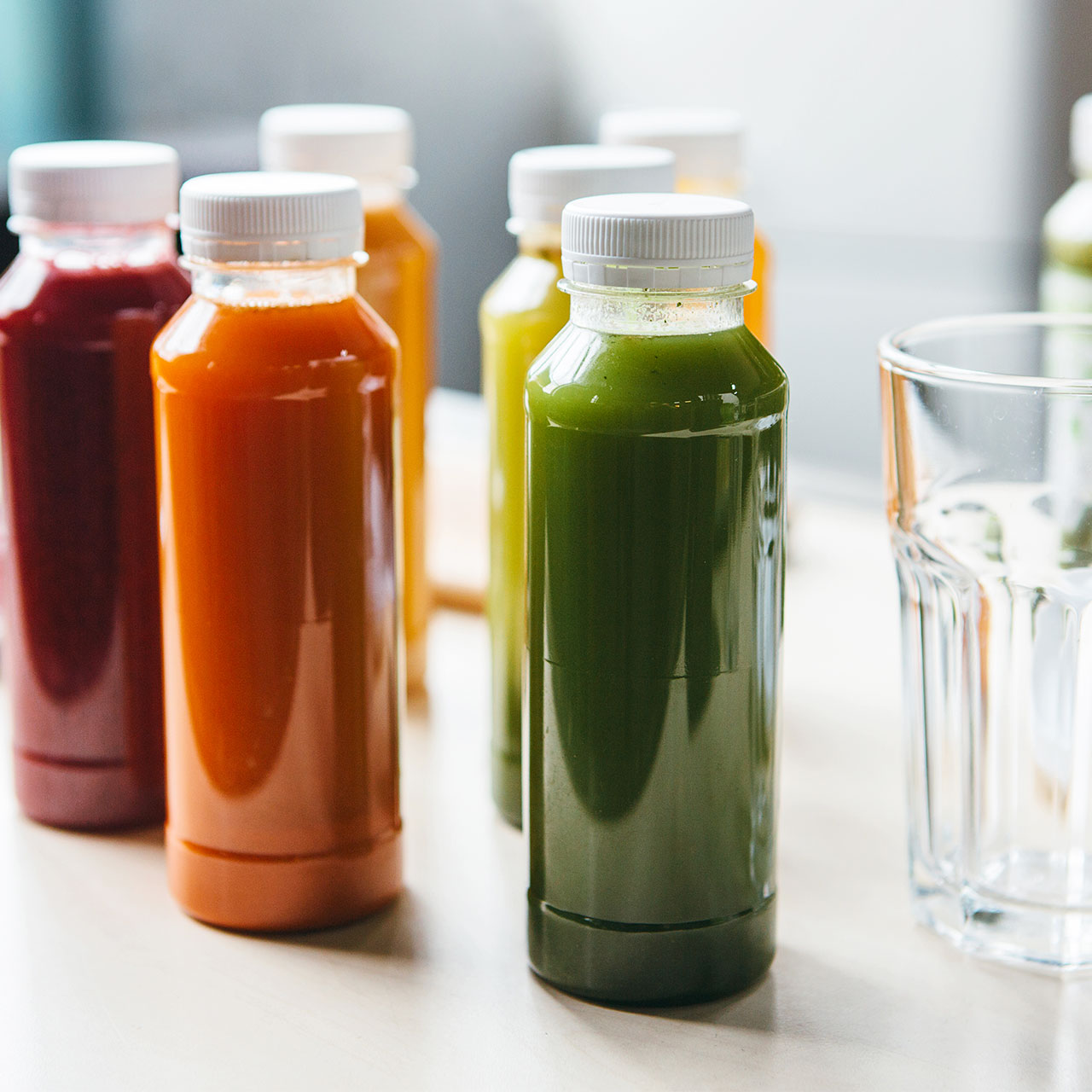Weight loss is a common goal for many individuals striving to improve their health and well-being. Simultaneously, addressing bloating is a concern for those seeking to feel lighter and more comfortable. In this quest, superfoods, which are nutrient-rich and often touted for their health benefits, play a pivotal role. However, it’s important to be aware that not all superfoods are created equal, as some can have the unexpected side effect of increasing bloating and potentially leading to weight gain.
We spoke with Caroline Farrell, registered nutritionist, to learn about a surprising superfood that could increase bloating in some sensitive individuals and may slow down weight loss unexpectedly. Farrell revealed that broccoli is the one superfood that, while packed with nutrients, can sometimes lead to bloating and hinder weight loss efforts, especially when consumed in large quantities or for those with certain digestive sensitivities.

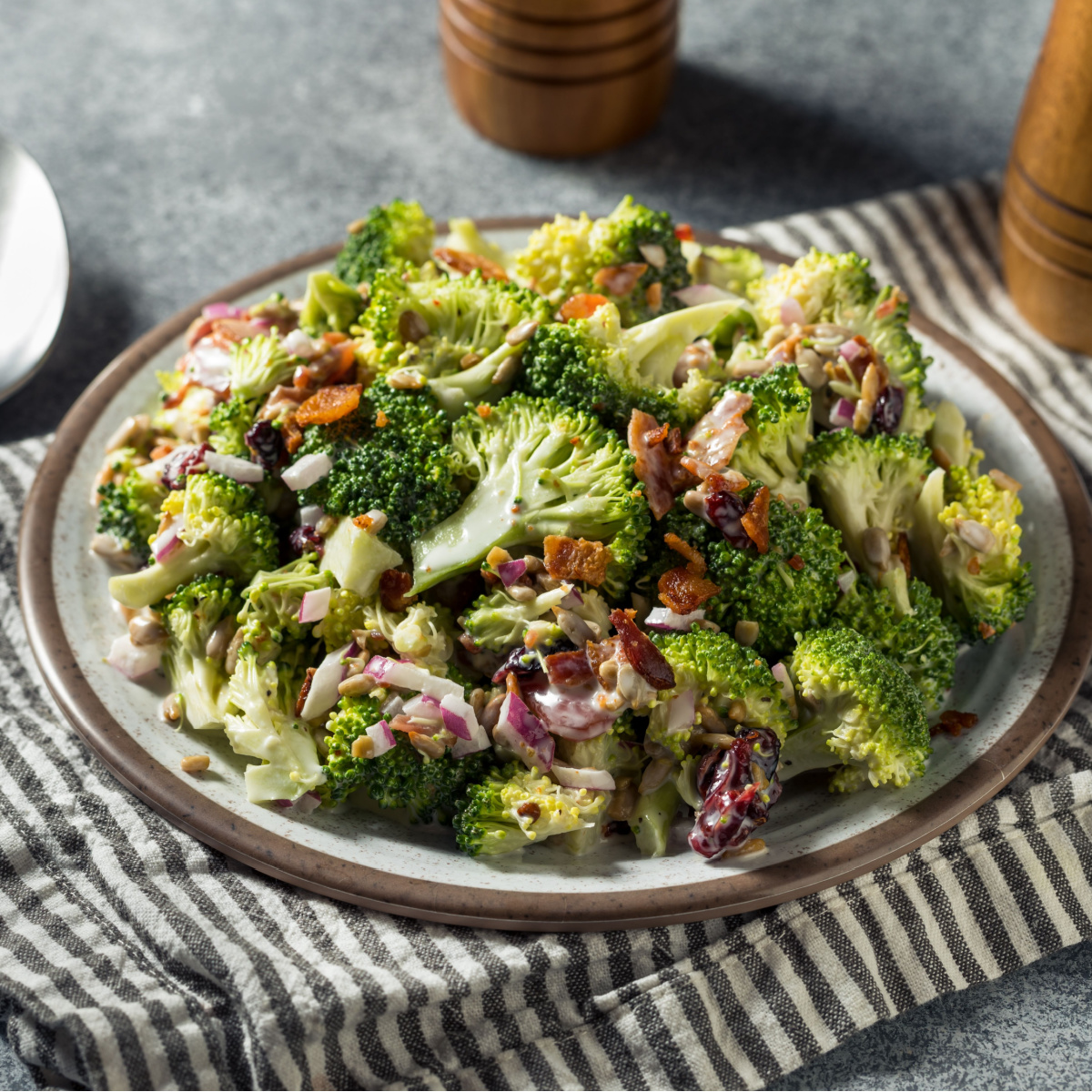
Broccoli
Broccoli, often hailed as a superfood due to its impressive array of vitamins, minerals, and health benefits, has undoubtedly earned its place on the list of nutritious vegetables. However, the relationship between broccoli and weight loss isn't as straightforward as it may seem. For certain individuals, this cruciferous green giant can be a double-edged sword, potentially hindering weight loss and causing uncomfortable bloating.
Farrell sheds more light on this floral green veggie, explaining the factors that can make broccoli a tricky dietary choice for some individuals.
"Broccoli contains complex carbohydrates and fiber that can be hard for some people to digest fully. This can lead to the production of gas in the digestive system, causing bloating and discomfort. It also contains compounds known as goitrogens, which can interfere with thyroid function. Thyroid function is important for metabolism and low thyroid function can make it difficult to lose weight," she says.

Alternatives To Broccoli
While broccoli's nutritional profile remains impressive, individuals seeking faster weight loss and less digestive discomfort might want to explore alternatives. There are various vegetables like spinach, kale, and asparagus that offer similar nutritional benefits without the potential bloating and thyroid concerns.
Farrell recommends that similar superfoods such as "spinach and other green vegetables would be better alternatives."
Certainly, as everyone's dietary requirements and physiological responses are unique, it's advisable to consult with a healthcare professional or a nutritionist for personalized guidance. In the pursuit of a healthier lifestyle, understanding these nuances and opting for alternatives that align better with your body's needs can be a smart approach.












